Most new mothers will hear this word and even use it a lot. A cranky baby could be really trying as inexperienced first-time parents. There are times when despite your best efforts, it appears like there is nothing you can do to stop the baby crying. Colic is the usual culprit responsible for cranky babies. Unfortunately, colic leads to depression, worsens post-partum depression and anxiety within the family. Furthermore, a colicky baby can cause stress to the relationship of the parents or other adults, and even lead to cases of child abuse. Colic causes inconsolable crying sometime between the 2nd and 4th week.
When a baby cries inconsolably for about 3hours straight in a day, with a distended abdomen and usually at evening time, it is likely colic. It becomes worse at about the 6th week and usually continues well into the 3rd or 4th month. Colicky crying in babies can persist till the 6 month mark, but rarely longer than that. Colicky crying can be really annoying, the baby cries most hours of the day, and will be extending and cramping the limbs. About 1 in 5 kids will experience colic between weeks 2 and 4, it is even between both girls and boys.
Causes of Colic In Children
There has never been a conclusive cause of colic in children. There are a lot of postulations about what causes colic. Colic was believed to be related to hyperperistalsis of the digestive tubes. Here are some of the most common attributed causes.
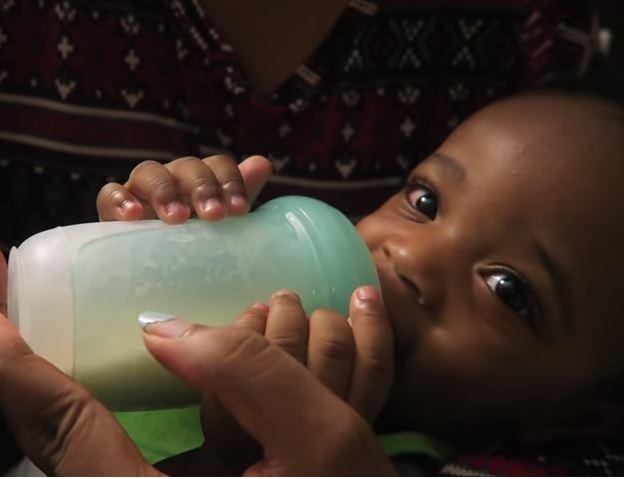
- Some people believe that colic is caused by gastrointestinal discomfort such as cramps.
- Sensitivity to stimulation. This is when a child can’t regulate their nervous system, or their nervous system is immature and they are unable to self-console.
- For babies undergoing exclusive breastfeeding, colic can be caused by reaction of the child to certain foods in the mother’s diet. High-allergenic foods can be causative.
- On rare occasions, colic can be caused by sensitivity to milk proteins in formula.
- Colicky crying can also be a sign of an underlying medical condition.
Symptoms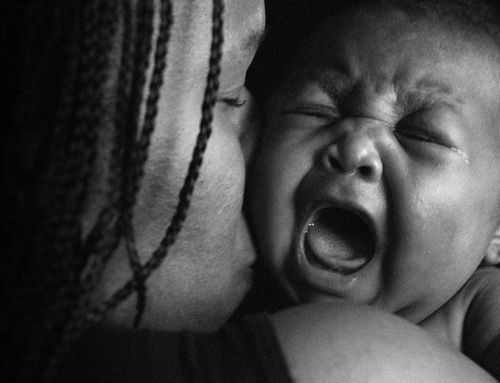
- Prolonged hours of crying, over 3 to 4 hours of prolonged crying in a day, especially in the evenings.
- High-pitched screaming.
- Wrinkled brows and clenched fists
- Extending and retracting the legs continuously.
- Distended abdomen.
When to See The Doctor
Constant crying is an obvious sign of discomfort in a baby. To determine whether the cause is something more serious and potentially dangerous, there are likely to be other symptoms. These additional symptoms, if noticed, should be immediately brought to the knowledge of a pediatrician.

- An elevated fever.
- Weight-loss or slow relative weight-gain for an infant.
- Irregular stooling
- Constant vomiting of greenish or yellowish stuff.
- Highly irritable
- Lethargy/Weakness/Inactivity
Treatment and Preventive Measures
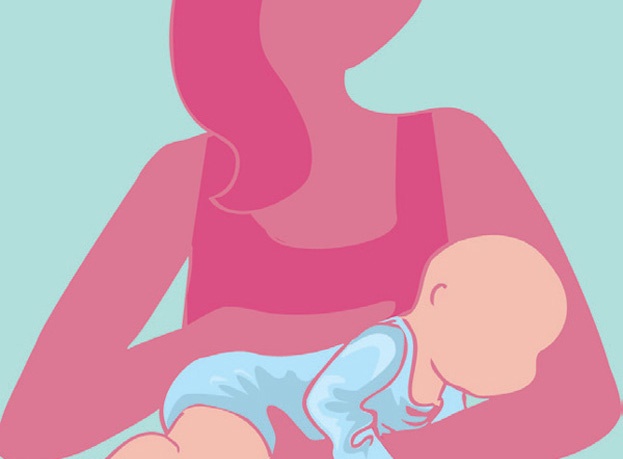
- Reduce consumption of possibly high-allergenic foods such as dairy, onions, beans.
- Change to protein hydrolysate formula; which the baby might not find as tasty and are also more expensive.
- Lay the baby on your their stomach and atop your knees and gently rock then so that the pressure on the stomach can make them more comfortable.
- Rock the baby and run the washing machine or the vacuum cleaner so the monotonous hum will put the baby to sleep.
- There is no definite medication, however the use of anti-cholinergics reduce colicky symptoms.
- Evidence offered for the use of pro-biotics is uncertain.
-
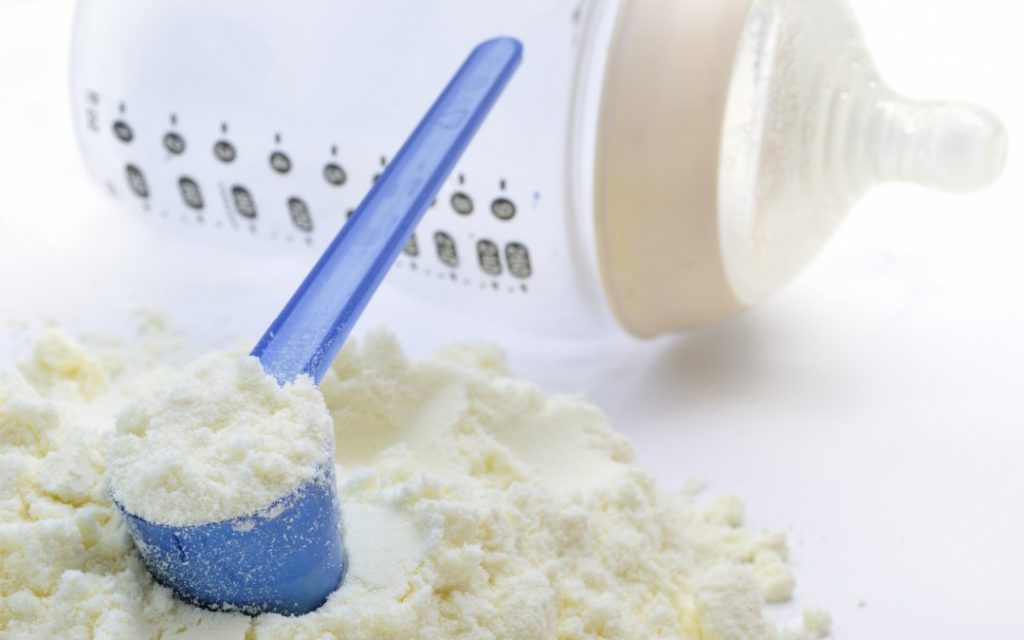
Hydrolysate protein formula
Dealing with a colicky baby can be really trying. Mothers as well as fathers, tend to get overworked and frustrated. Depression among new parents is a common occurrence when the child is irritable. Some studies show post-partum depression is higher with a colicky child. So, if you are getting worked up, get help and take some time off for yourself to rest. Shaking the baby out of frustration is child abuse and could lead to brain damage, blindness and even



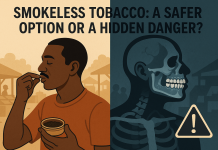






Hey! I’m at work browsing your blog from my new iphone! Just wanted to say I love reading through your blog and look forward to all your
posts! Keep up the excellent work!
Hmm is anyone else experiencing problems with the images on this blog loading?
I’m trying to figure out if its a problem on my end or if it’s the blog.
Any feedback would be greatly appreciated.
Faber est suae quisque fortunae
AMD has really stepped up its game in the gaming market lately. If you’re considering an upgrade, I highly recommend checking out their offerings
AMD has really been making waves in the tech industry lately! Their recent advancements in CPU and GPU technology have made them a serious competitor to Intel and NVIDIA. It’s exciting to see how their innovations are pushing the boundaries of performance
Continue like this guys!
Continue like this guys!
Continue like this guys!
Continue like this guys!
Continue like this guys!
Continue like this guys!
Continue like this guys!
Continue like this guys!
Annoying libido gummies has been truly the journey. As someone itching on imbecile remedies, delving into the out of sight of hemp has been eye-opening. From CBD lubricant to hemp seeds and protein capacity, I’ve explored a classification of goods. Notwithstanding the mess local hemp, researching and consulting experts have helped cruise this burgeoning field. Complete, my contact with hemp has been sure, gift holistic well-being solutions and sustainable choices.
I don’t think the title of your article matches the content lol. Just kidding, mainly because I had some doubts after reading the article.